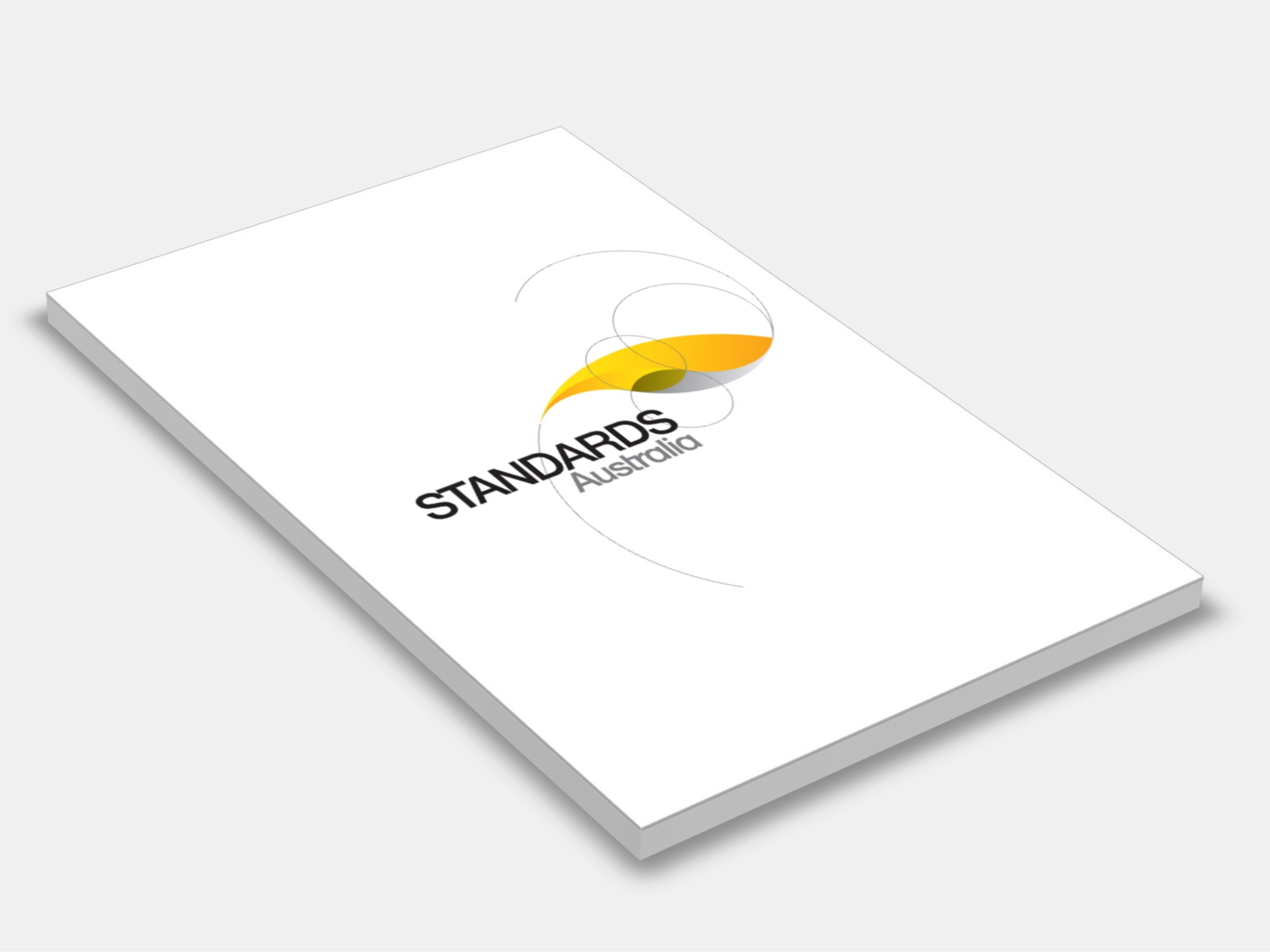
Type
Publisher
Standards Australia/Standards New Zealand
Publisher
Standards Australia/Standards New Zealand
Version:
Fifth Edition 2017.
(Pending Revision)
Short Description
Specifies essential safety requirements for plugs and socket-outlets intended for use at extra low or low voltages and a rated current not exceeding 32 A for household or similar purposes.
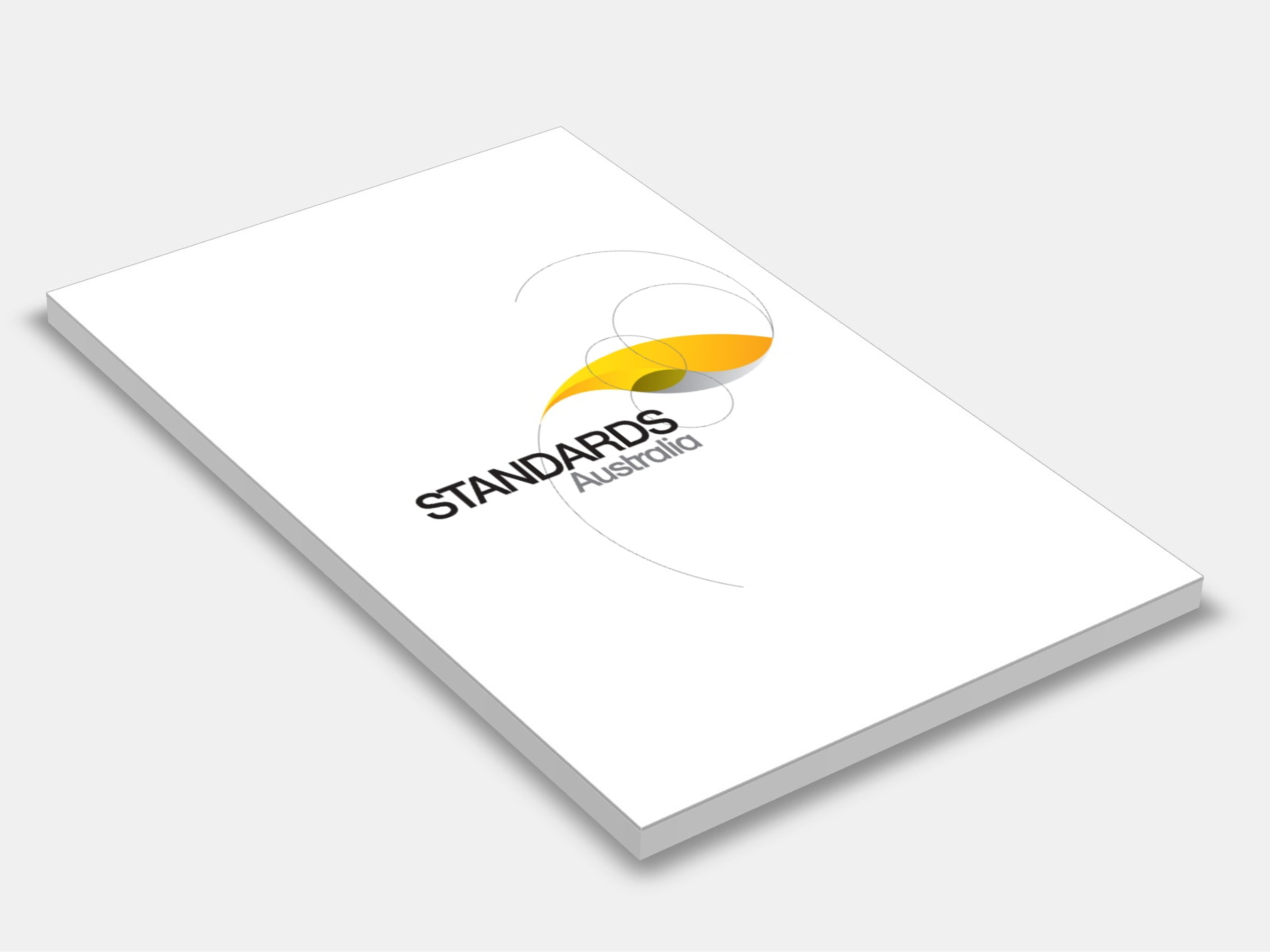
Type
Publisher
Standards Australia
Publisher
Standards Australia
Version:
Fourth Edition 2024.
(Current)
Short Description
Specifies a test method for determining the combustibility of building materials and is one of a series of test methods of evaluating the potential fire hazard of building products; the test is for building materials other than coated, faced or laminated materials which, although not completely inert, produce only a limited amount of heat and flame when exposed to temperatures of approximately 750 °C.
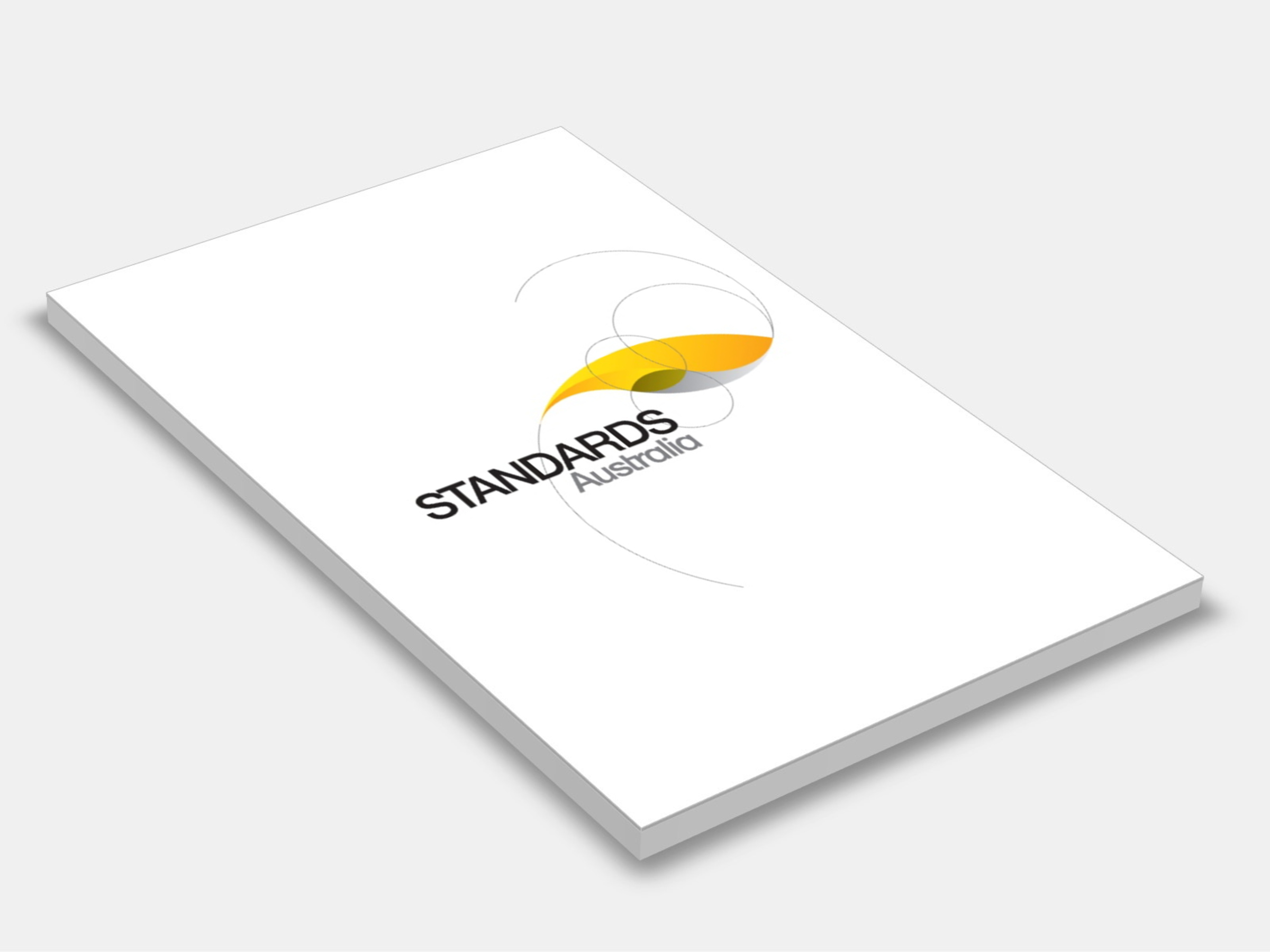
Type
Publisher
Standards Australia
Publisher
Standards Australia
Version:
Second Edition 2018.
(Current)
Short Description
Provides methods for determining the performance of external construction elements when exposed to radiant heat, burning embers and burning debris.
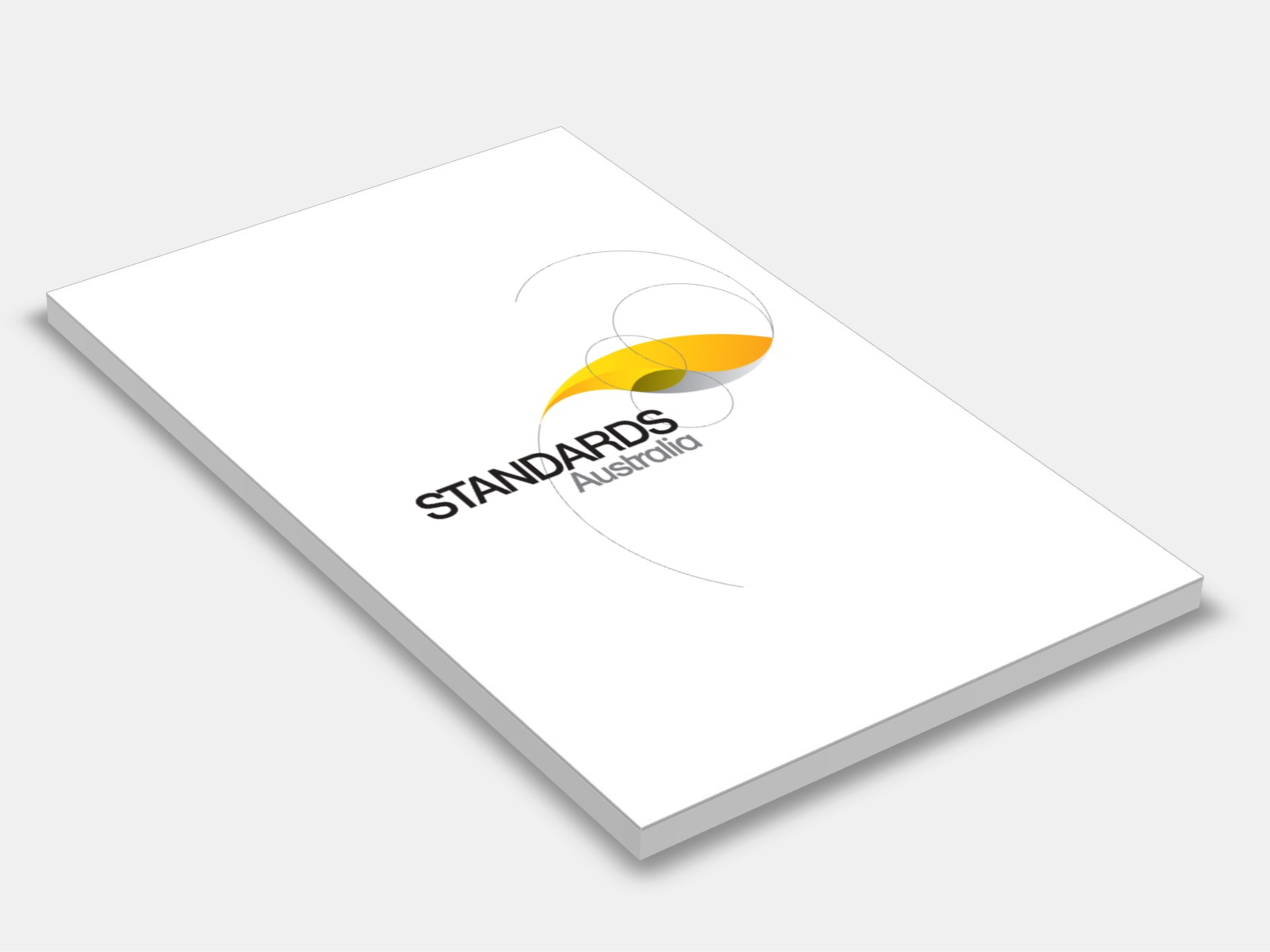
Type
Publisher
Standards Australia
Publisher
Standards Australia
Version:
First Edition 2024.
(Current)
Short Description
The 2018 edition of AS 1530.8.1 is amended as follows; the amendments should be inserted in the appropriate places.
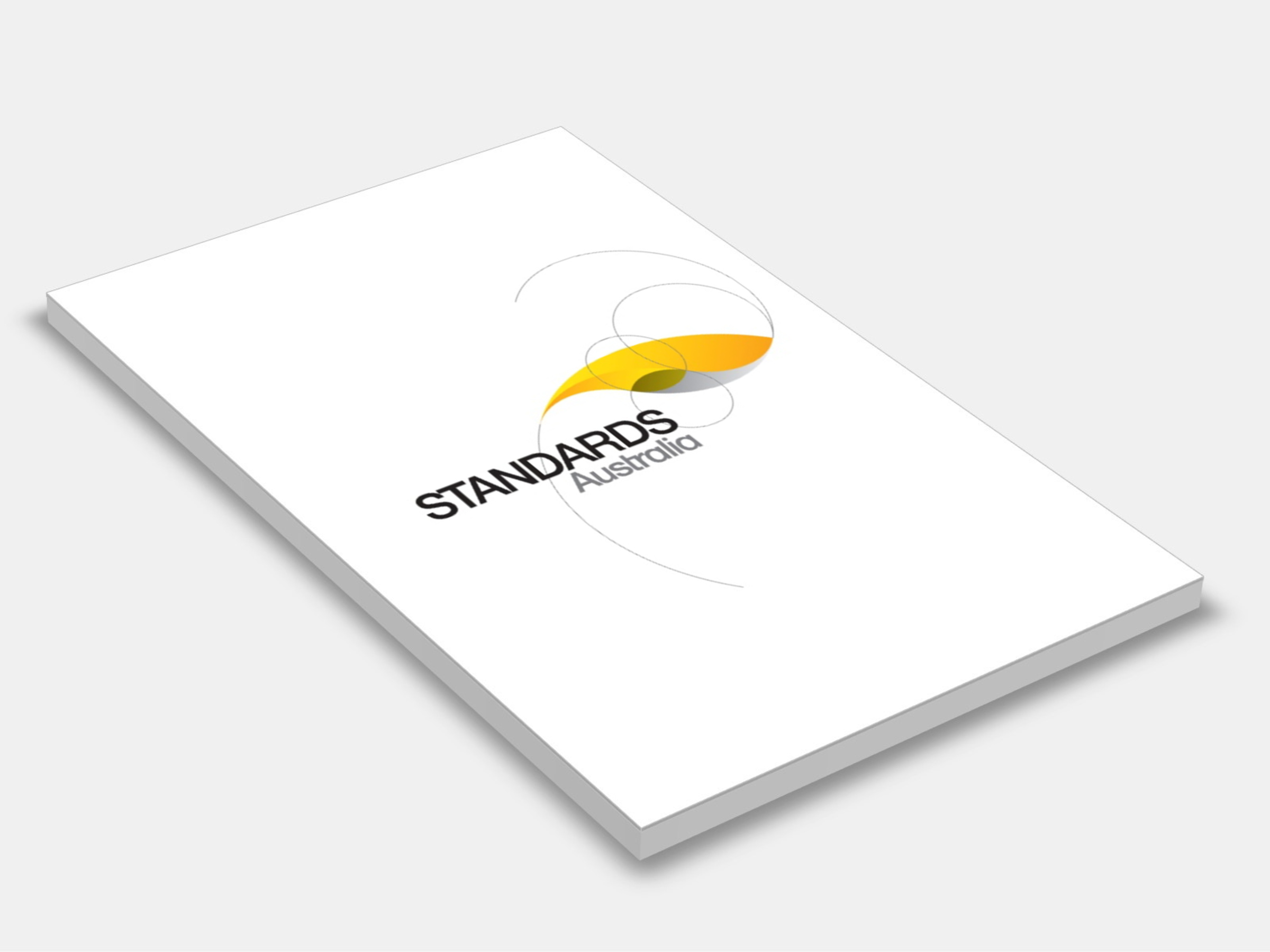
Type
Publisher
Standards Australia
Publisher
Standards Australia
Version:
First Edition 1990.
(Current)
Short Description
Provides a glossary of terms to be used in connection with fire testing; also refers to deprecated terms which should not be used in connection with fire testing.
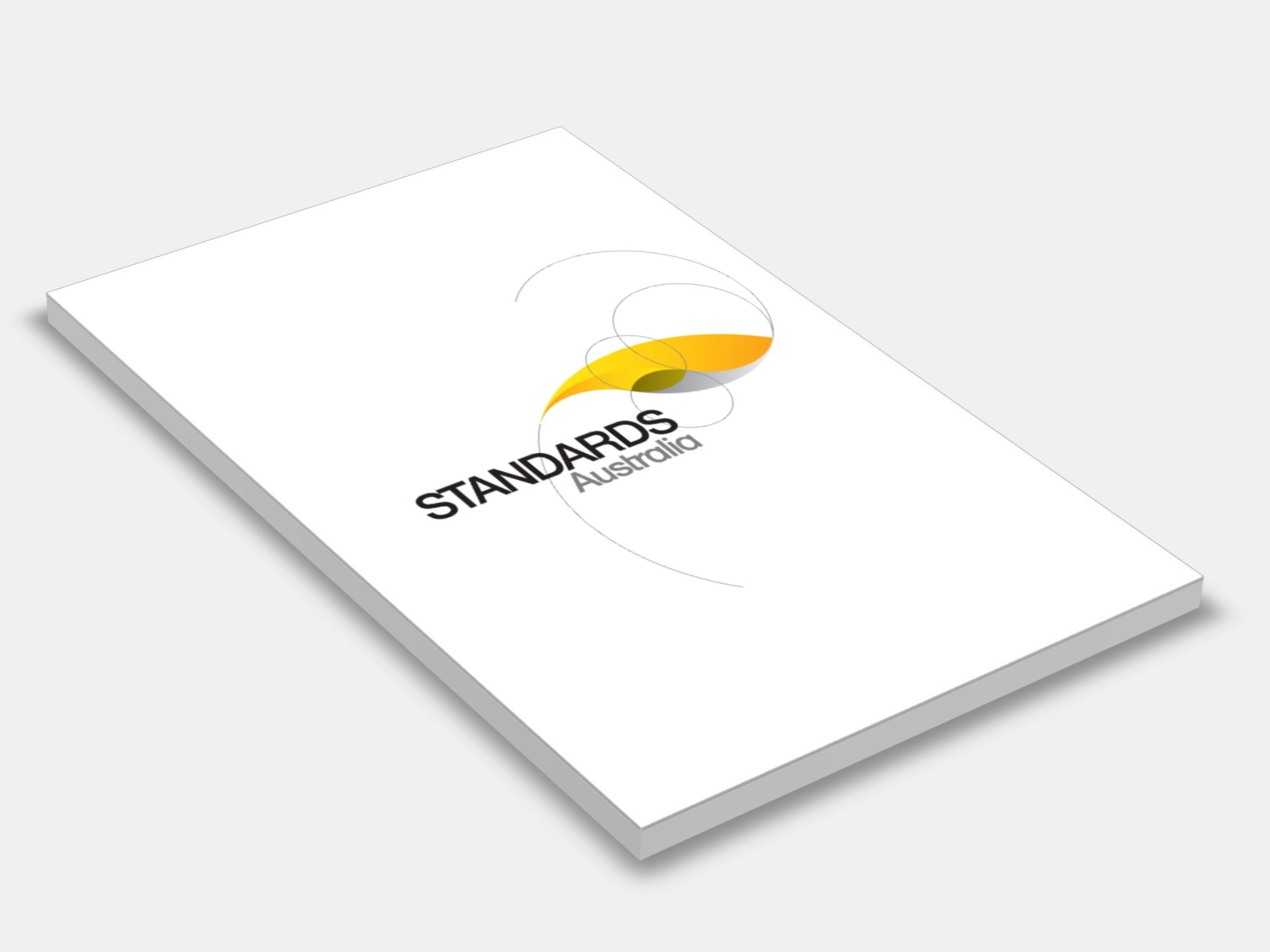
Type
Publisher
Standards Australia/Standards New Zealand
Publisher
Standards Australia/Standards New Zealand
Version:
First Edition 2018.
(Current)
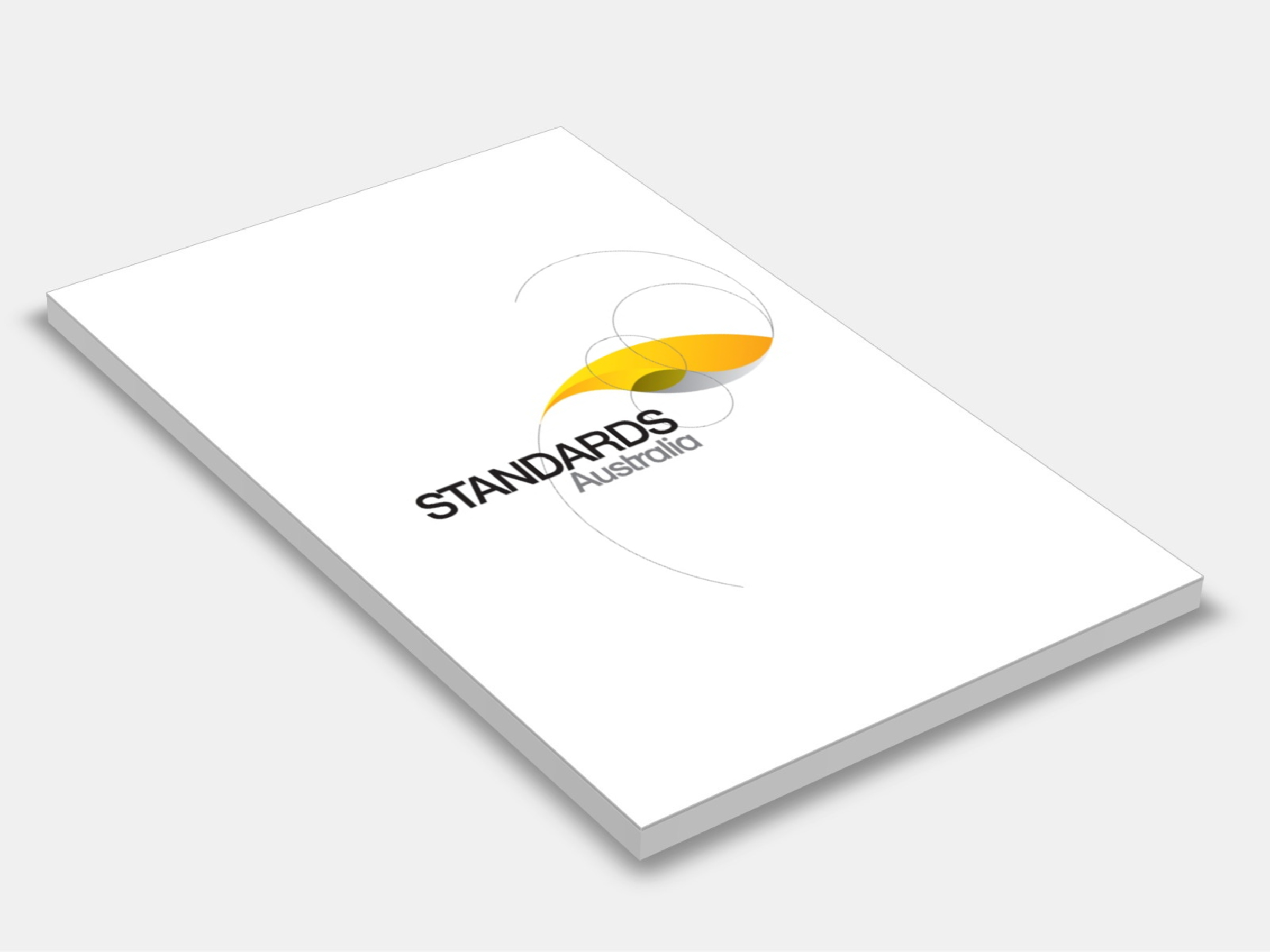
Type
Publisher
Standards Australia
Publisher
Standards Australia
Version:
Second Edition 1999.
(Current)
Short Description
Specifies the classification of smoke-spill fans, and the laboratory test methods and procedures used to rate their performance (and that of their motors). Fans are rated in terms of their suitability to operate continuously without significant loss of performance, for a specified time at a specified air temperature. This Standard deals only with laboratory type-testing and does not consider the testing of smoke-spill fans after they have been installed in a building.
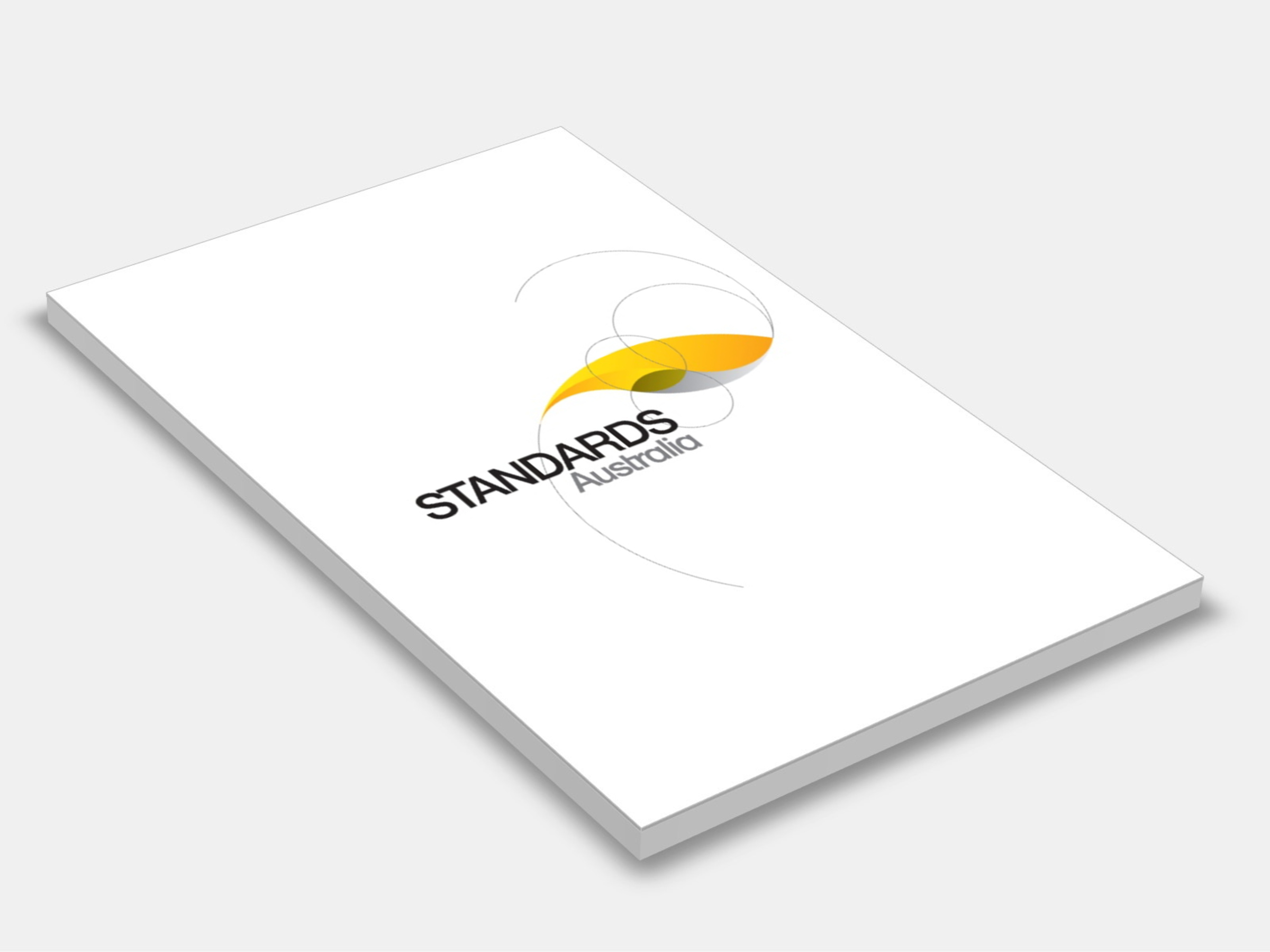
Type
Publisher
Standards Australia
Publisher
Standards Australia
Version:
First Edition 2002.
(Current)
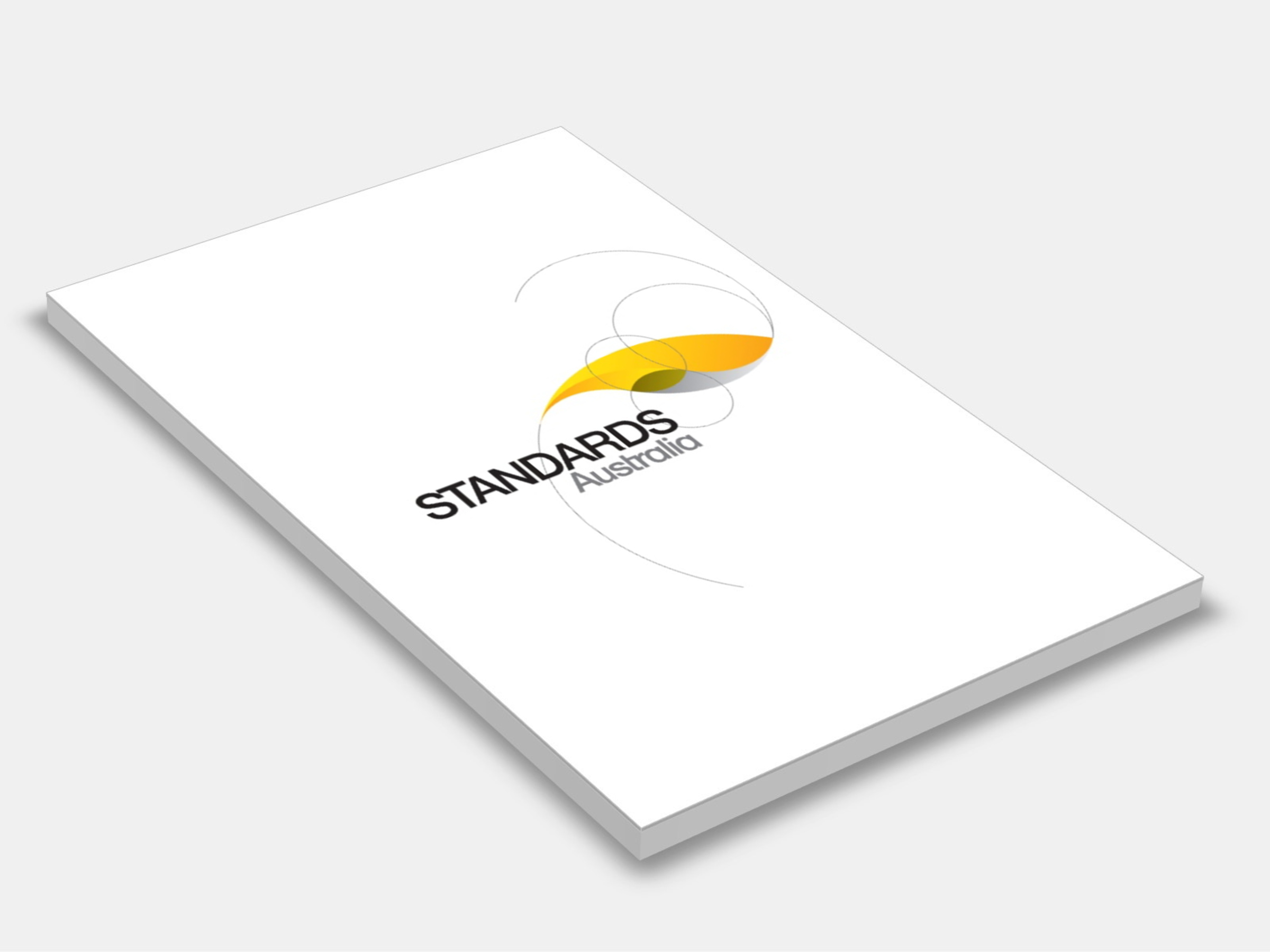
Type
Publisher
Standards Australia
Publisher
Standards Australia
Version:
Second Edition 2005.
(Current)
Short Description
Specifies domestic washing and drying procedures for textile testing; procedures are applicable to textile fabrics, garments or other textile articles which are subjected to appropriate combinations of domestic washing and drying procedures.
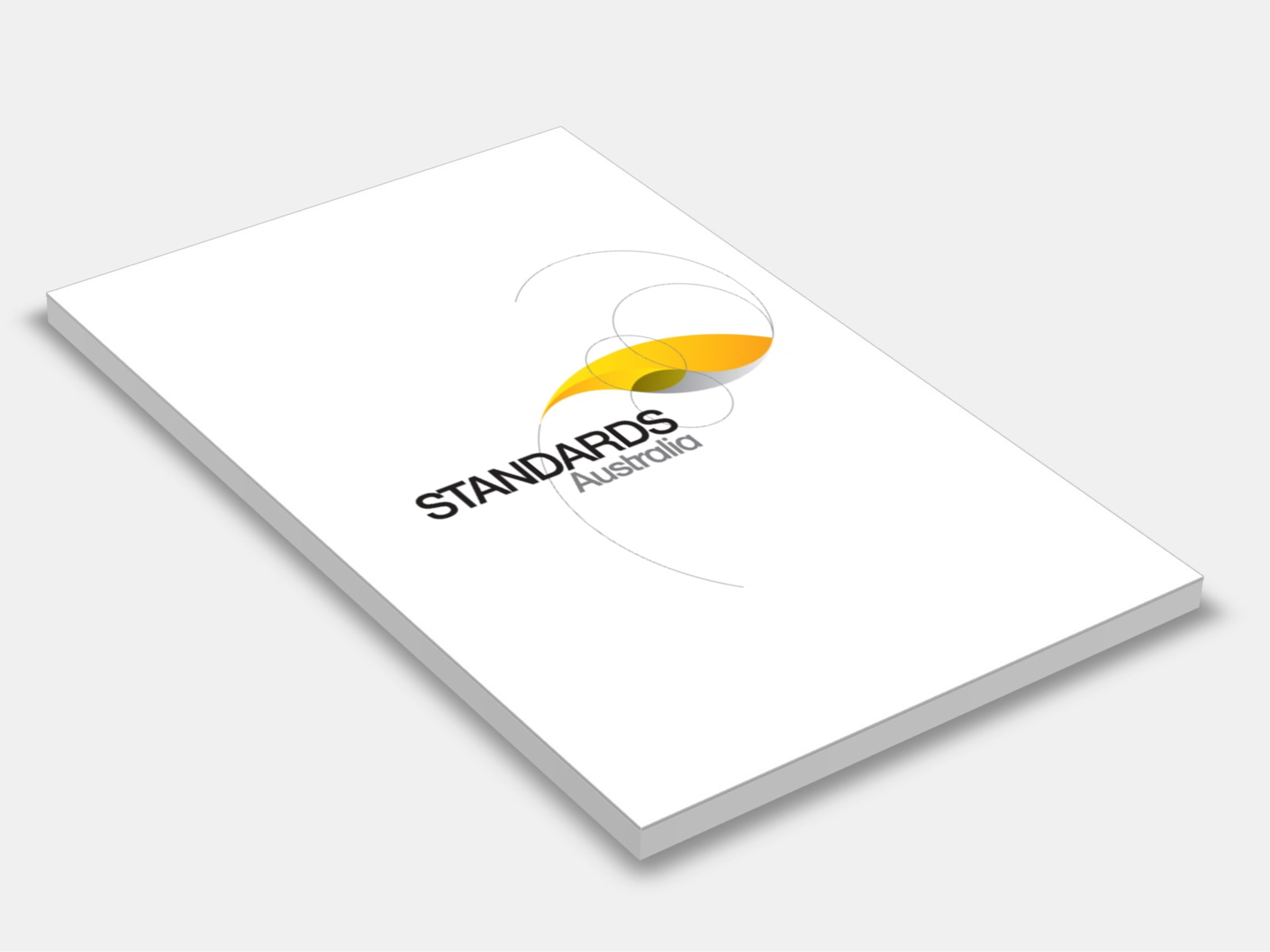
Type
Publisher
Standards Australia
Publisher
Standards Australia
Version:
First Edition 1997.
(Current)
Short Description
Sets out the procedure for determining the resistance of a soil to penetration by a flat ended rod of 16 ±0.2 mm diameter driven with a 9 kg mass, dropping 600 mm; use of the method is limited to granular soils with a maximum particle size not exceeding 2 mm, and a layer thickness of at least of 450 mm.